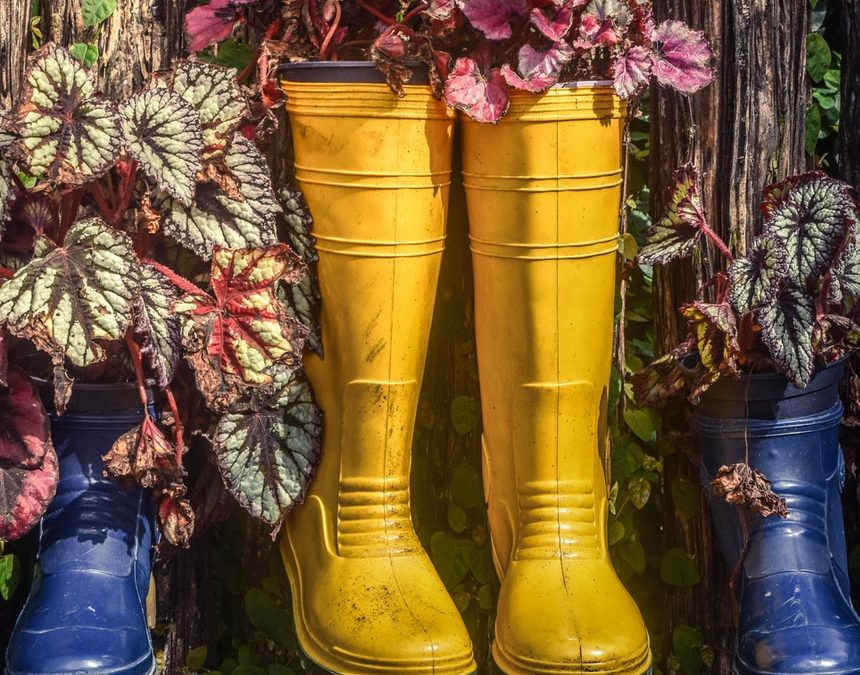You don’t have to run to the nearest witch store to assemble an altar. When trying to be thrifty, think about what purpose an item fills and try to find another item that will do the same. Take a look at what you have and think about how you can give your stuff another purpose. Besides saving money, the advantage of using items you already own is that they will have some of your energy, and you are familiar and comfortable with them.
An appetizer dish with a grape design makes a good offering plate. So does a candy dish. A chalice is really anything that will hold liquid to drink. Use a favorite coffee mug. For an athame, use a kitchen knife, a frosting spreader, or a fancy butter knife. (I know people say an athame should be a blade, but people have swords and daggers dulled for safety all the time. The question always is, does it work for you?)
Raid Your Spice Cabinet
What do garlic, salt, and rosemary all have in common? They are common spices found in most kitchens that also have long use in folklore. You don’t need to go to a specialty store to get herbs. Garlic does more than ward away vampires. Salt is the classic cleanser, and table salt works just as well as pink Himalayan salt. Rosemary is a great herb for balancing. Olive oil can be used for anointing, both people and objects. So can lemon juice.
If you want to work with plants, meditating on a small amount you get from a farmer’s market is a good start. Many gods have specific herbs associated with them, or herbs can correspond to different qualities or one of the elements. When you start looking into herbal lore, there is often a very colorful history to common cooking herbs. In general, the magickal and mundane uses are similar. Herbs often used for cleaning are also used for cleansing, for example.
Also check any herbal teas and natural potpourri for the ingredients. Smells can be a strong way to put yourself in a state of mind or trigger a habit. At the least, an offering plate with some spices favored by your god will be a nice touch and a pleasant smell will put you in the right frame of mind.
Look Through Your Jewelry Box
If you want to work with stones, chances are you already have a few in your jewelry box. In truth, semiprecious stones are pretty rocks we make valuable because we like them. Ruby earrings that you lost the backing to or one of them long ago? An emerald necklace with a broken chain? Us them to meditate on, and start a working relationship. Even less expensive stones can still be useful.
Cleanse and Welcome
Cleansing is simple unless an item has a dramatic history. Cleanse it by sunlight or moonlight—lay it where the light can shine on it for at least a full day or night. (Make sure this won’t damage the item.) Salt is also common. Lay the item in a bowl of salt, or sprinkle salt on it. Or simply hold the item, ask it to be cleansed of any negative energy, and visualize a light going through an cleansing the item. This takes practice.
To Welcome to the Altar…
If this is the first time the altar is being set up, thoroughly cleanse the intended space and then hold each item in turn. Thank it for whatever job it has had in the past—being a dish for food, or frosting cupcakes. Tell it now it will be a part of your altar. Think for a moment of what you wish to do, or simply your pagan practice. State what you will use it for going forward.
For a candy dish now being used as an offering dish: “Thank you for holding candy. Now you will be the place upon which I will leave offerings. “
When everything is assembled, take a step back and see if you like it. Thank all items that together make up your altar. When removing an item, thank it for its service, but say its time has passed. When adding a new item to an established altar, you can anoint it with oil, or simply say “welcome”.

